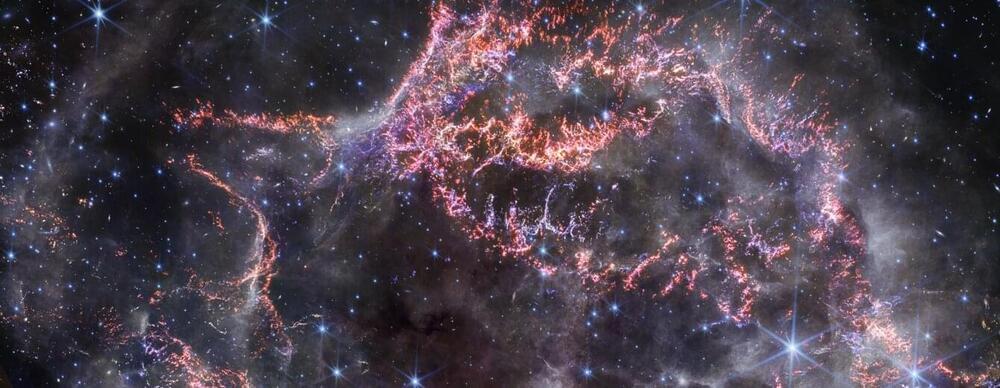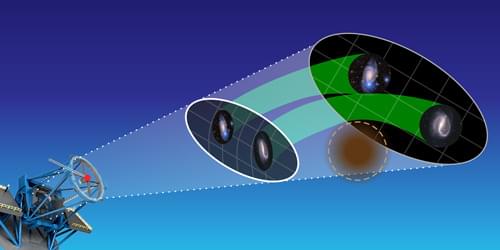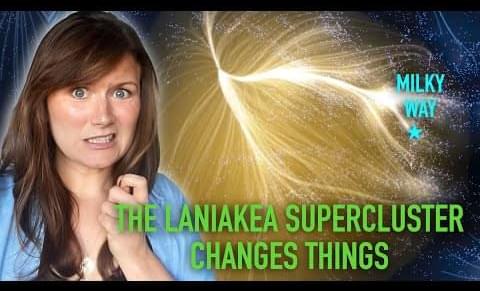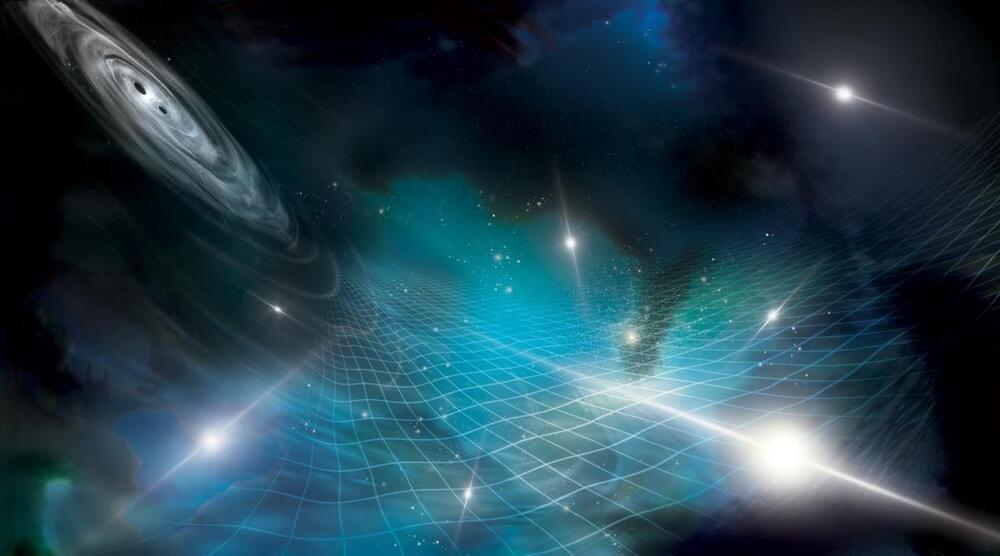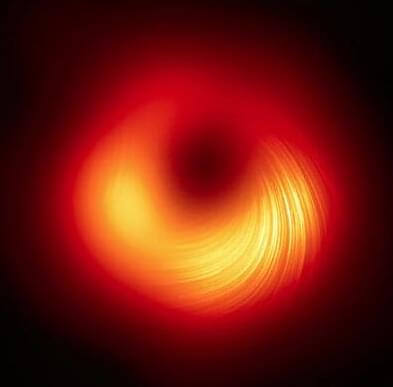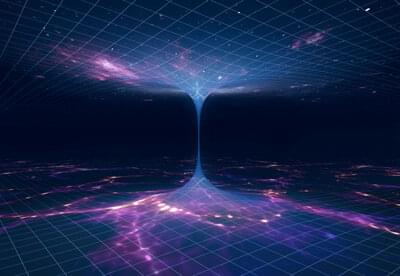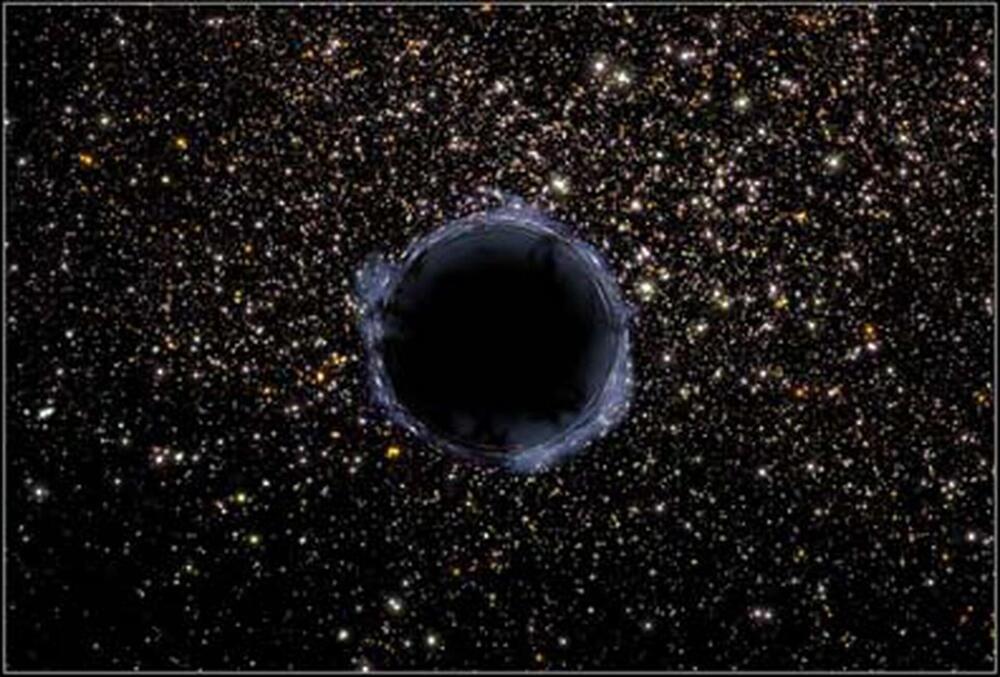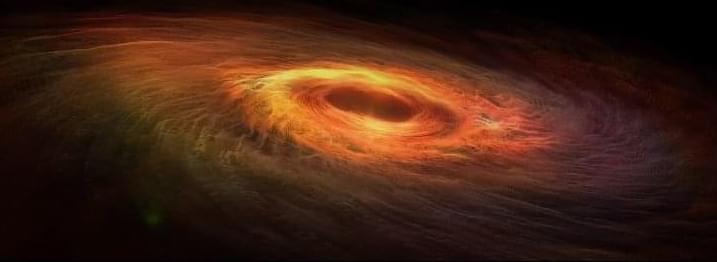Dec 12, 2023
Webb stuns with new high-definition look at exploded star
Posted by Dan Breeden in category: cosmology
Objects in space reveal different aspects of their composition and behavior at different wavelengths of light. Supernova remnant Cassiopeia A (Cas A) is one of the most well-studied objects in the Milky Way across the wavelength spectrum. However, there are still secrets hidden within the star’s tattered remains.
The latest are being unlocked by one of the newest tools in the researchers’ toolbox, the James Webb Space Telescope—and Webb’s recent look in the near-infrared has blown researchers away.
Continue reading “Webb stuns with new high-definition look at exploded star” »
